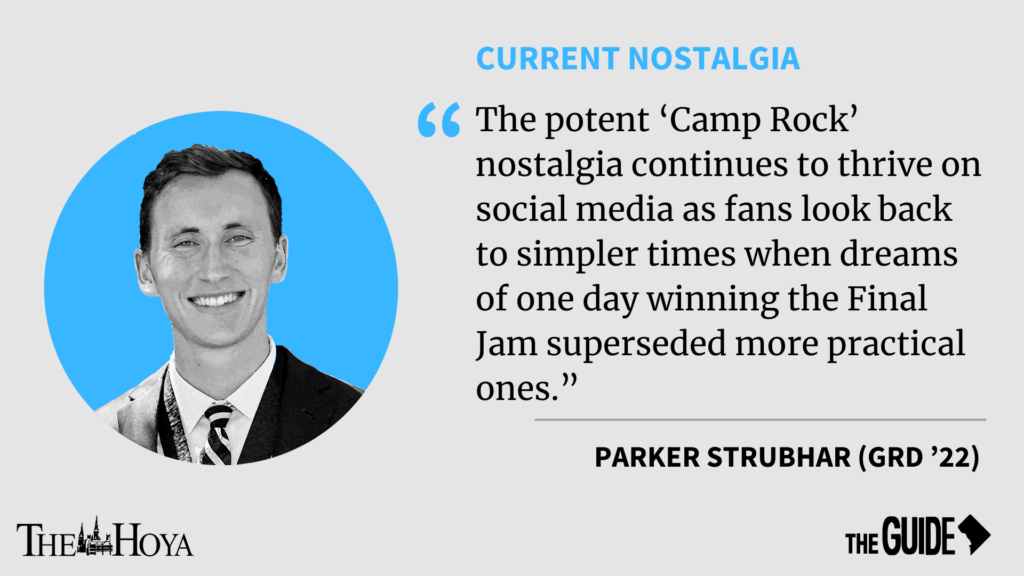This time of year, many of us are trying to craft the perfect application in hopes of landing a coveted internship or job for the summer. But how do you make your submission stand out?
A cover letter that catches your potential employer’s attention could be a good start. The next step may be to reach out to someone who works at the company, and if you are particularly ambitious, to contact a company executive.
But do outspokenness and risk reap rewards in the job hunt? Does fortune actually favor the bold, as the saying goes?
It might, if you are white and male. If you are a woman or a person of color, however, boldness might not be equally beneficial.
According to a survey by employer branding company Universum, the third-most sought-after trait in candidates is confidence. But the two most desirable traits —professionalism and high energy, respectively — do not necessarily correspond with boldness or risk-taking. In a similar survey by CareerBuilder, employers ranked confidence as the 10th most important characteristic for candidates, behind nine other traits that had more to do with work or communication style than boldness. So, perhaps the skills potential employees bring to a job are more important than how they present themselves to employers.
But do bolder people get more opportunities to present themselves to employees in the first place? They might, if they network more than their more reserved peers. Matt Youngquist, president of the career coaching and placement company Career Horizons, claims that 70 to 80 percent of jobs are not listed, so you must be bold and reach out to friends, acquaintances and potential employers to find them.
Some evidence supports the idea that networking gets you noticed. One study found that the more time people spent networking, the more job offers they received. However, the same study also concluded that networking did not explain incremental variables in employment outcomes. So, while boldly putting yourself out there gets job offers, it may not lead to you taking a job that suits you.
Additionally, boldness is not the only trait that may influence whether you get an offer or land a job. In fact, the saying “fortune favors the bold” would be more accurately stated as “fortune favors bold white men.” Experiments consistently demonstrate that, among candidates with the same resumes, white applicants receive 36 percent more callbacks than black applicants. This ratio has not changed in the past 25 years. Furthermore, while the gap between white and Latinx applicants has decreased since the 1990s, as of 2010, white candidates still received 15 percent more callbacks than equally qualified Latinx applicants. Job discrimination likely prevents applicants from minority groups for being rewarded for their boldness.
Employers may even perceive boldness as an undesirable trait in some employees. Past studies have shown that while men are rewarded and respected for speaking their mind and acting as leaders, women are perceived negatively when they exhibit these traits. One such study, conducted in 2012, found that a powerful man who talked much more than his peers was perceived as similarly worthy of a leadership position as a powerful woman who talked much less than her peers. Furthermore, a man who talked less than his peers and a woman who talked more were perceived as equally unworthy to be leaders. These results imply that expectations for workplace performance are gendered: Men, but not women, should act powerful. This being the case, fortune clearly does not favor bold women.
However, the outcomes of another study indicated that such attitudes may be changing. In 2013, New York University Stern School of Business replicated a study it had conducted 10 years before, with much different results. In the first study, when students rated two successful entrepreneurs, whose only distinguishing factor was their gender, they described the male entrepreneur as more likeable than the female and characterized the female as selfish and political. A decade later, however, students rated the female entrepreneur as more likeable than her male counterpart. Perhaps bold, successful women are becoming more accepted in the workplace.
Boldness is necessary for success to an extent, in that you have to network and ask to find and pursue job opportunities. However, boldness may not be as much of an asset as the saying “fortune favors the bold” implies. While networking does result in more job offers, employers tend to prioritize other qualities over boldness when evaluating candidates. Even if boldness were a highly desirable trait, because of racial discrimination and different expectations for men and women, being bold might primarily benefit white men. Given that there are other factors at play, writing a daring cover letter or cold emailing a company executive may not significantly boost your prospects of landing a job or summer internship, if you are not a white male.
Vera Mastrorilli is a junior in the College. Her column, Testing Truisms, has been renewed for the spring semester.















